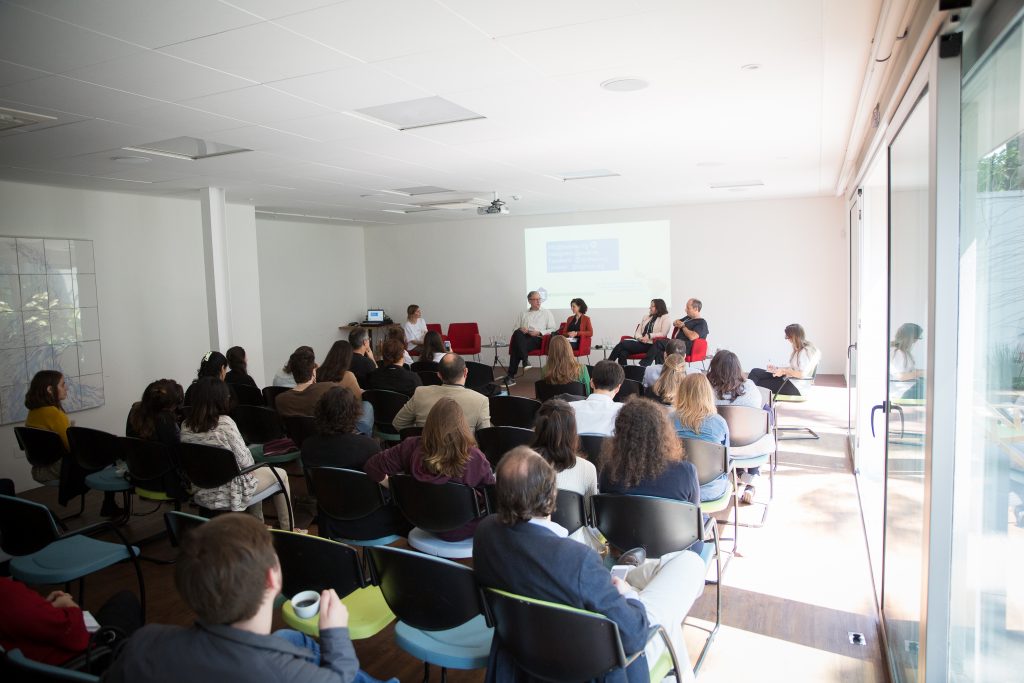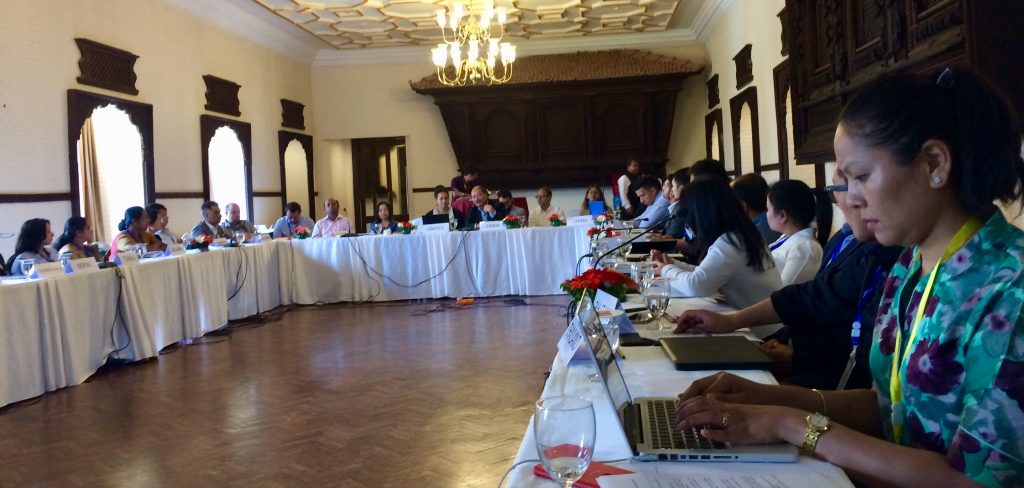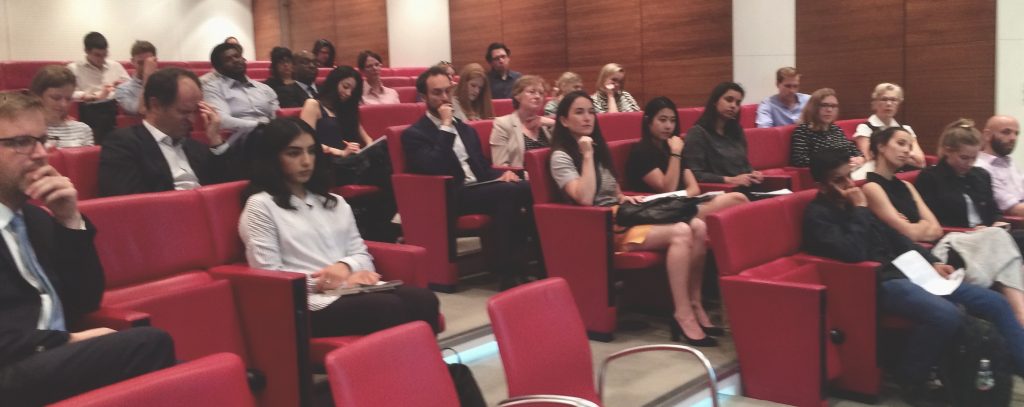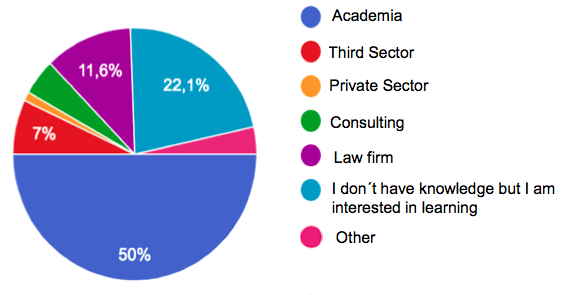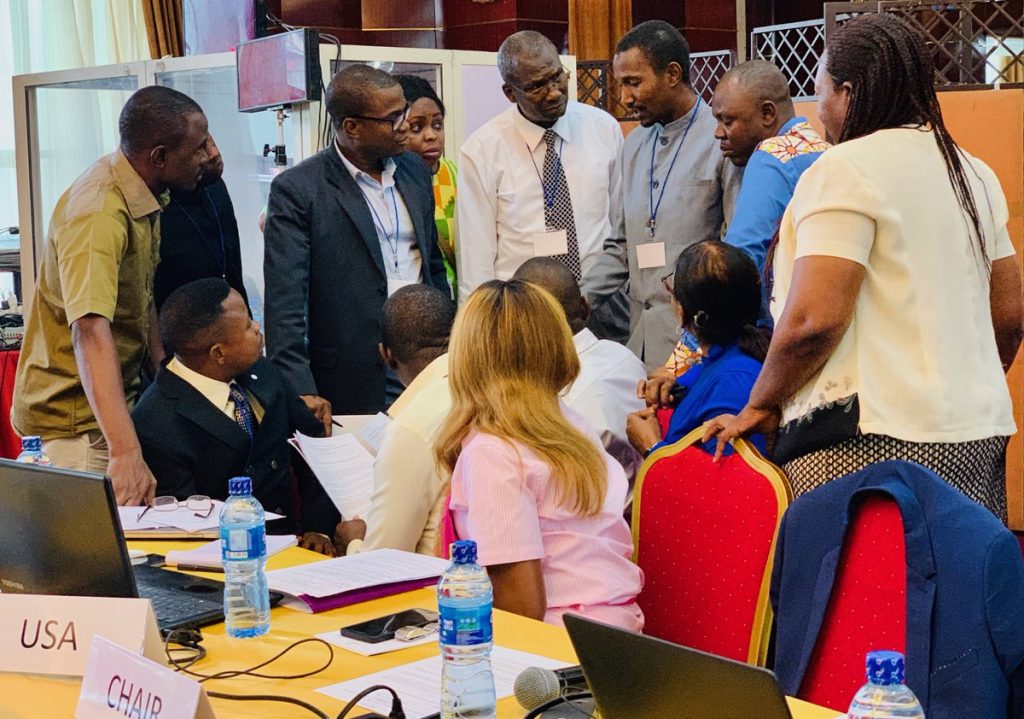3 October 2019
A network of climate change lawyers in Latin America was launched in Sao Paulo on September 7th 2019. With more than 130 members in Brazil so far, LACLIMA – Latin American Climate Lawyers Initiative for Mobilizing Action – aims to gather lawyers from other Latin American countries, to build a critical mass in the legal community in the region, which can support regional stakeholders in understanding the legal implications of the Paris Agreement commitments at the regional level and help them translating these into action on the ground.
The initiative is supported by LRI as a sister organization, and is spear-headed by Caroline Prolo, head of environmental practice at the Brazilian law firm Stocche Forbes and long-time LRI liaison officer, in collaboration with Flávia Bellaguarda, climate change officer at ICLEI SAMS and co-founder of the Youth Climate Leaders – a social enterprise for young leadership training on climate change.
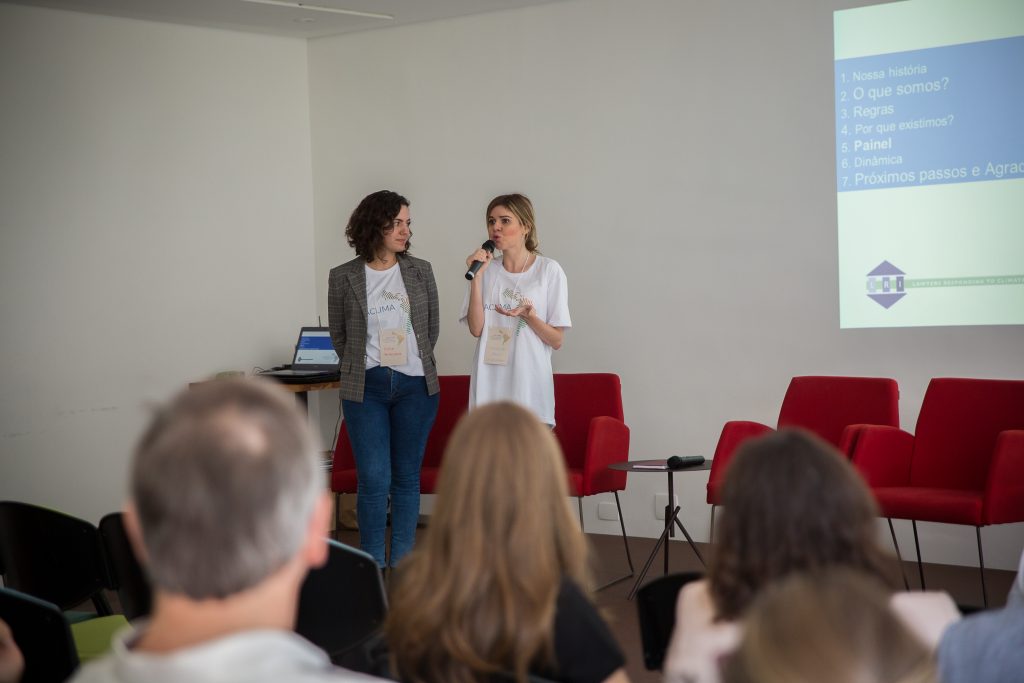
The launch event provided an opportunity for the members of the network to meet and, with other climate change experts and prominent speakers, to reflect on what role lawyers can play to promote implementation of the Paris Agreement at the regional level.
